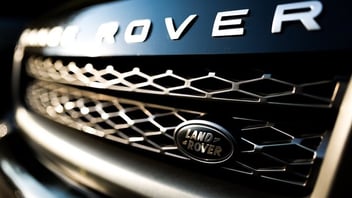A case study covering the creation of a microservices platform (iFAB) for Jaguar Land Rover.
Jaguar Land Rover (JLR) is the UK’s largest automotive manufacturing business, built around two iconic British car brands: Land Rover, the world’s leading manufacturer of premium all-terrain and Jaguar, one of the world’s premier luxury sports saloon and sports car marques.
The Challenge
JLR has a large portfolio of old legacy applications, which for many years has hindered and delayed the development of new customer-facing applications. In pursuit of a ‘customer first’ strategy there have been significant demands on existing software development resources - a new approach was required.
A microservices based strategy, looks to build small parts of interconnecting systems, ofter using APIs and other integration technologies. At a very high level, microservices can be conceptualized as a new way to create corporate applications, where applications are broken down into smaller, independent services, that are not dependent upon a specific coding language. In other words, development teams are able to use the language tools they are most comfortable with and still achieve synergy in the application development process. Using the ideology of microservices, large complex applications can be divvied up into smaller building blocks of executables, that when recomposed offer all of the functionality of a large scale, highly complex application.
The Solution
For JLR, we supported the development and implementation of an Information Fabric (iFAB) platform. In partnership with CapGemini who provided architecture, development and test resources, we ran the overall programme and solution roadmap.
Services Utilised
-
Project management
-
Sprint planning
-
Agile development
-
Team facilitation




